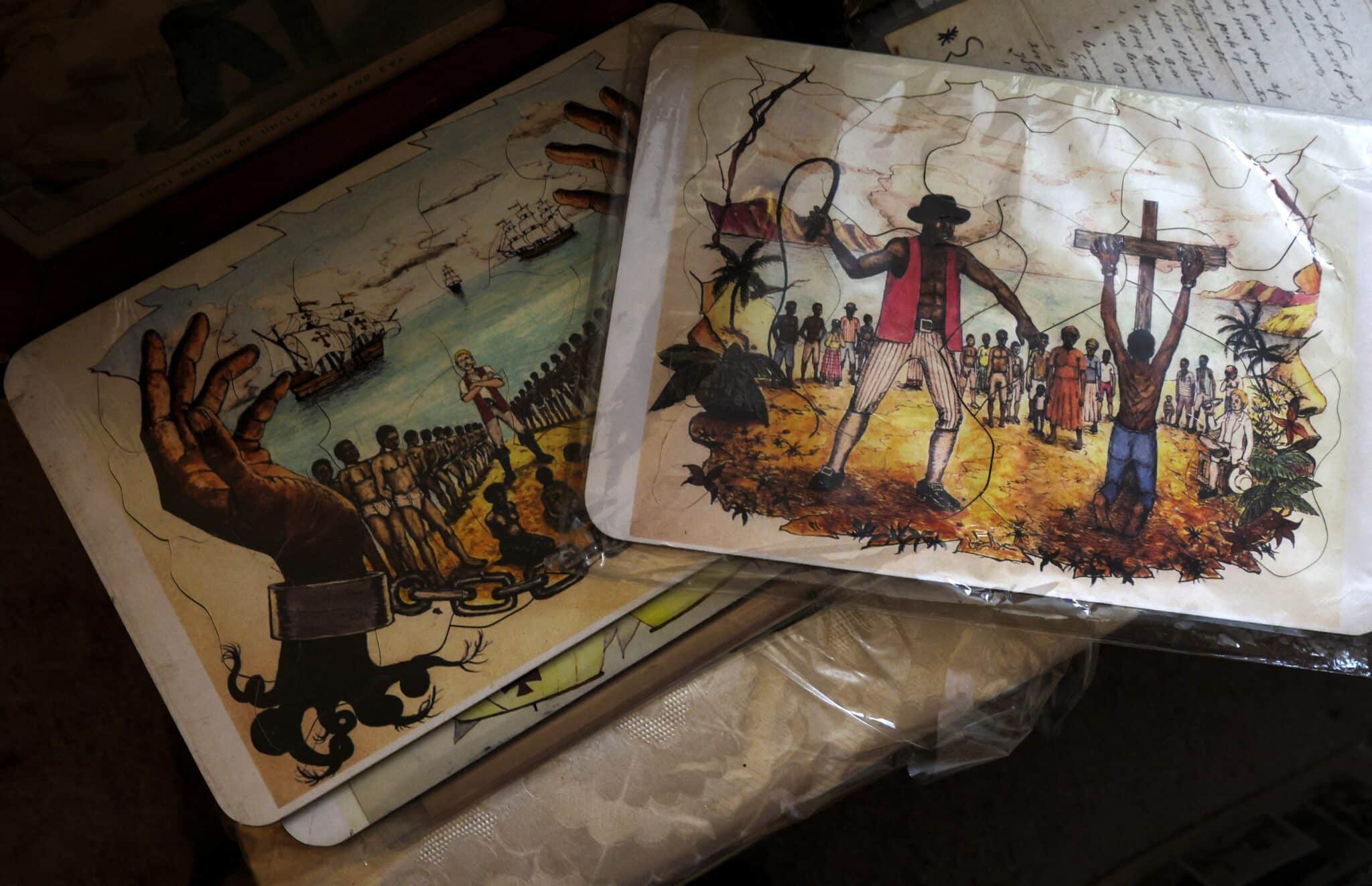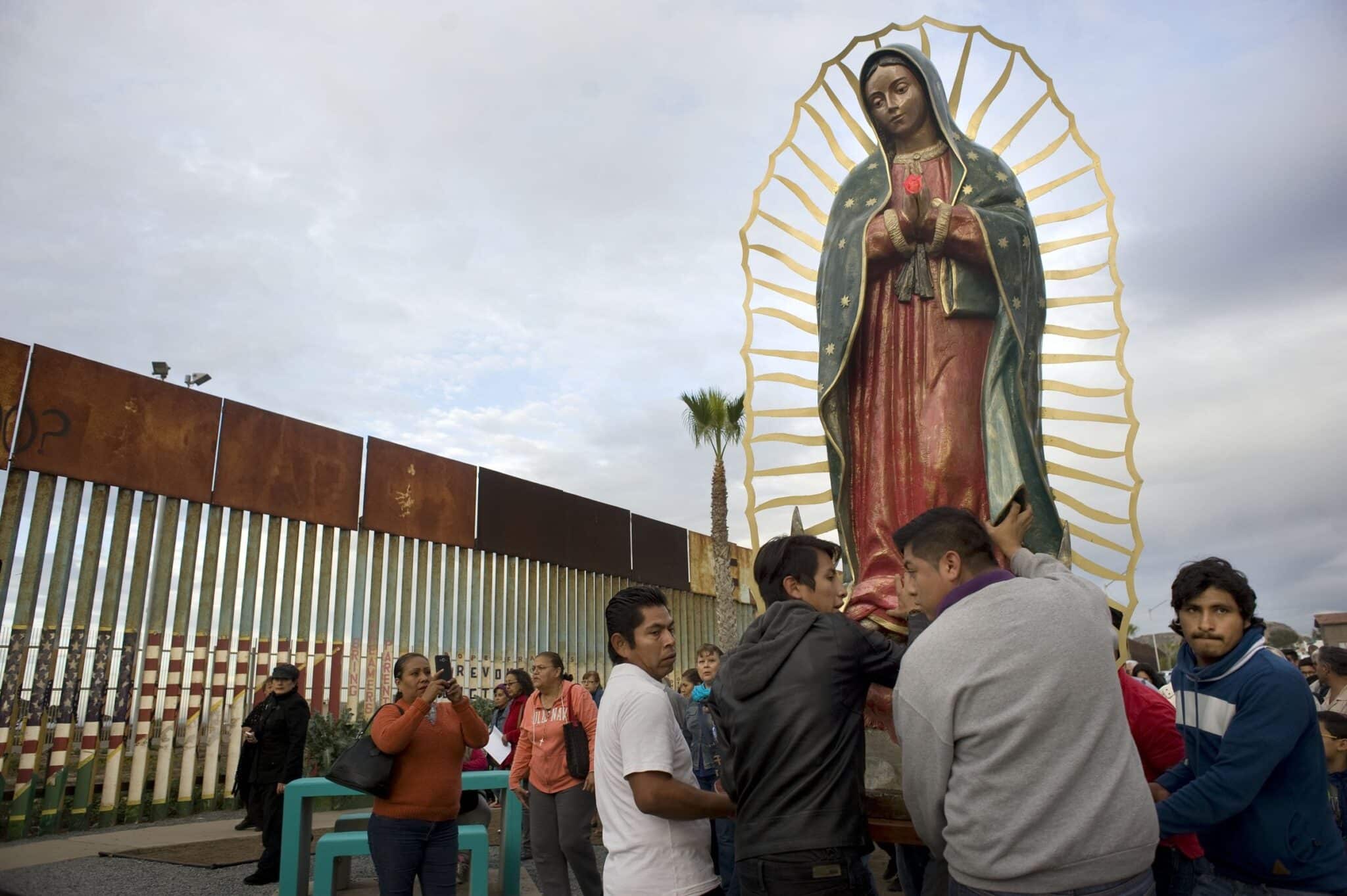BALTIMORE (OSV News) — In recent years, a growing awareness of injustice and calls for reform have led to a racial reckoning, with businesses, corporations, nonprofit organizations and institutions across the country reassessing their own complicity with racism in its various forms.
The Archdiocese of Baltimore is continuing to undergo its own self-assessment of the issue, and has formed a 17-member commission to research its ties to slavery going back hundreds of years.
“This important commission is being formed to continue the archdiocese’s journey to racial justice,” said Archbishop William E. Lori, who has written two pastoral letters on racial justice. “It is essential that we continue to acknowledge the ties to slavery the archdiocese has had in its past and within its foundational history.”
The essential work of the commission is to “build on our path forward using our collective experiences and careful reflections,” the archbishop said.
“We plan to document the history, expand and detail the apologies of past archbishops with specific historical data, acknowledge systemic racism in the archdiocese today and provide opportunities for community engagement: listening, dialogue, discernment, healing and reconciliation — and, most importantly, turn to prayer and engage in dialogue with the Lord,” he said.
The commission was recommended to the archbishop by the Racial Justice Workgroup that was formed during the archdiocese’s Journey to Racial Justice initiative. The recommendation to form a commission on slavery was included in a document the workgroup presented to Archbishop Lori after hosting listening sessions where numerous members of various parishes spoke about racism.
One of the main priorities of the commission, which has met with the archbishop, is to detail the effects of systemic racism.
“A lot of people say ‘slavery happened so long ago’ and that Black people should ‘get over it,'” said Adrienne Curry, director of Black Catholic Ministries for the archdiocese. “They need to understand the systemic racism that’s involved with that. Going back to the abolition of slavery to Jim Crow, to the Civil Rights Movement, to redlining — all of that has had an effect on the Catholic Church here in Baltimore. The commission will look at that systemic racism and see why we are where we are.”
To uncover the archdiocese’s ties to slavery, the commission will rely on surviving records. These include church records such as sacramental records, the papers and letters of archbishops, the diaries and letters of superiors of religious communities, as well as census, tax and other financial records. Together, the documents will paint a clearer picture of how the legacy of slavery influenced the development of the Catholic Church in Maryland.
“A lot of the early records just haven’t survived,” said Tricia Pyne, archivist for the archdiocese. “The earliest we have date back to the colonial period. Some date back to the period following the American Revolution. There are only a handful that date back before 1820. Examining these records will be crucial to getting an understanding of the archdiocese’s connection to slavery and how the church benefited economically, directly and indirectly.”
As the commission combs through centuries of information, the next challenge will be determining how to best move forward with the information it discovers. Acknowledging the wrongs committed would be ideal, Curry said.
“It’s important that the church recognizes how it played a part in slavery,” she said. “There were religious orders that owned slaves and people need to know these things. The church needs to atone, like every other institution, for its role. I think that will happen through our research and presentations.”
Baltimore Auxiliary Bishop Bruce A. Lewandowski, who leads the Journey to Racial Justice Coordinating Council, noted that Cardinal William H. Keeler, then head of the archdiocese, apologized in 2000 for the church’s actions regarding slavery. The cardinal acknowledged that Archbishop John Carroll, Baltimore’s and the nation’s first bishop, was a slave owner.
The commission’s goal is to essentially expand on the work in racial justice of the last three decades and take corrective action, Bishop Lewandowski said.
“We need to do a careful and thoughtful reckoning with the past of the church,” the bishop said. “How do you atone? What does that look like? How do we continue to do the work of racial justice, and is what we’re doing adequate? Based on what we find and expose, we may have to reevaluate our efforts of racial justice. We have to know the history first before we can have those conversations.”








2 thoughts on “Baltimore Archdiocese forms commission to investigate church connection to slavery”
Wallowing in the past is not productive. There are so many more pertinent issues that need to be addressed. Why is OSV so focused on racism? Perhaps the leaders need to go to confession?
Ignoring it isn’t productive either. And I think everybody would benefit from confession